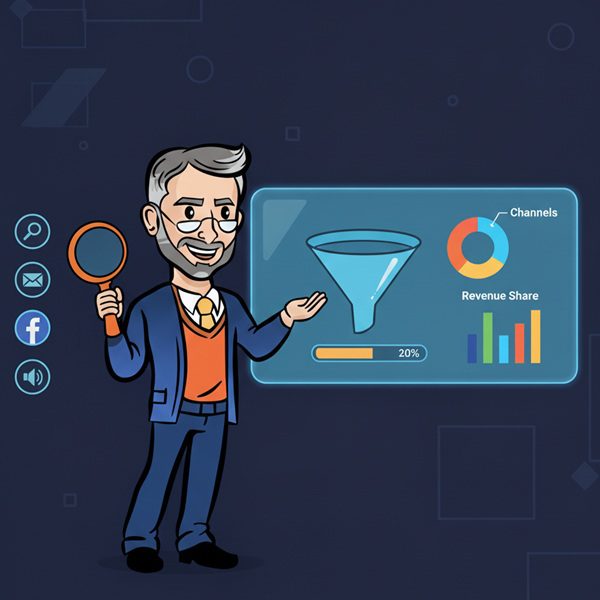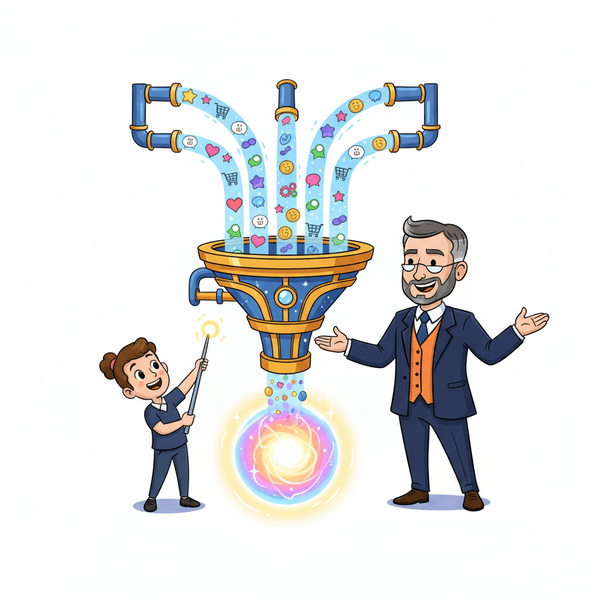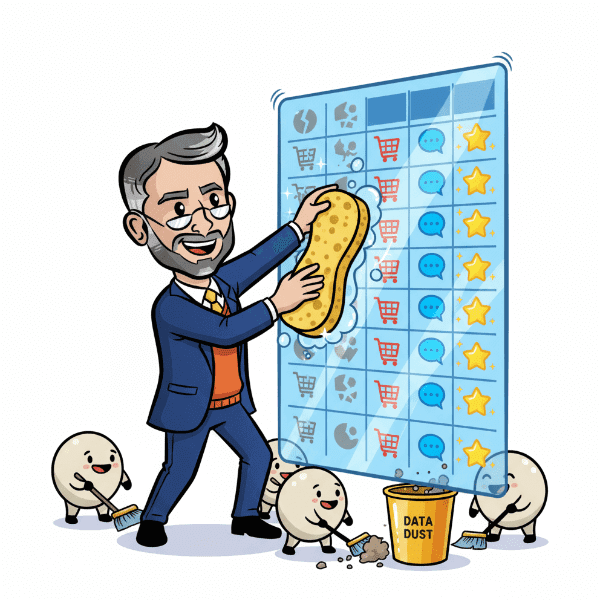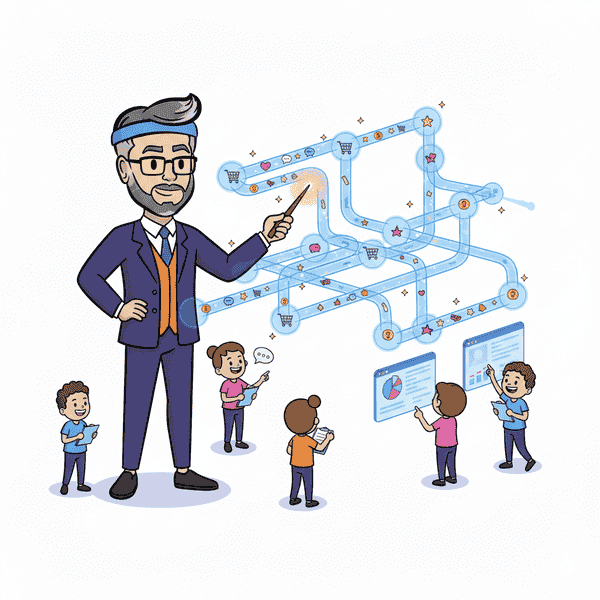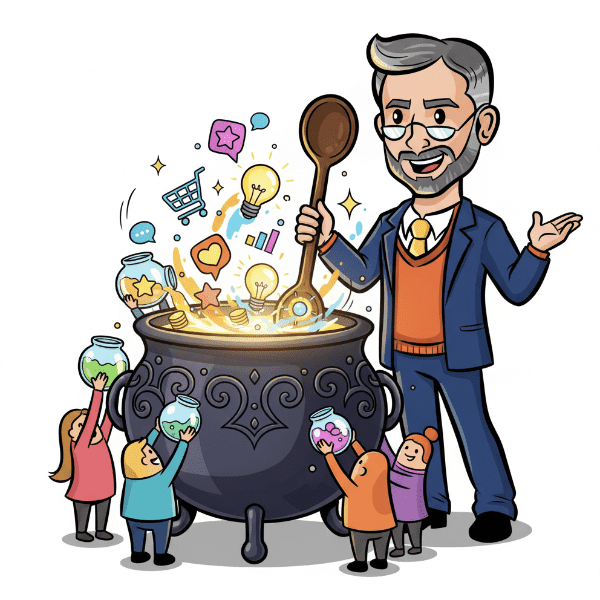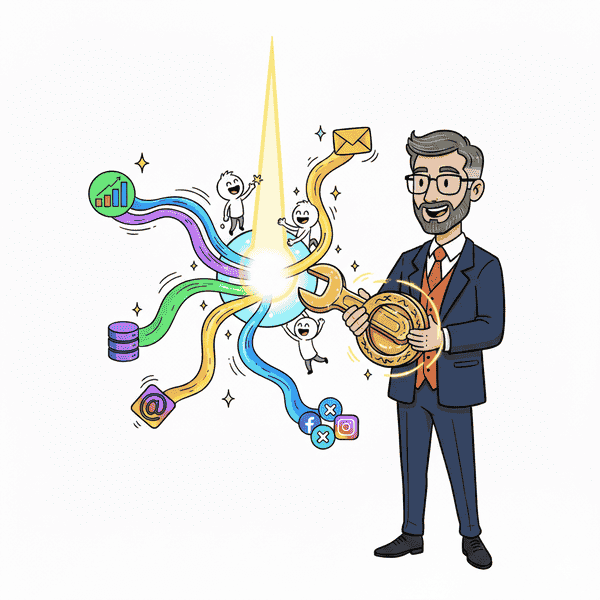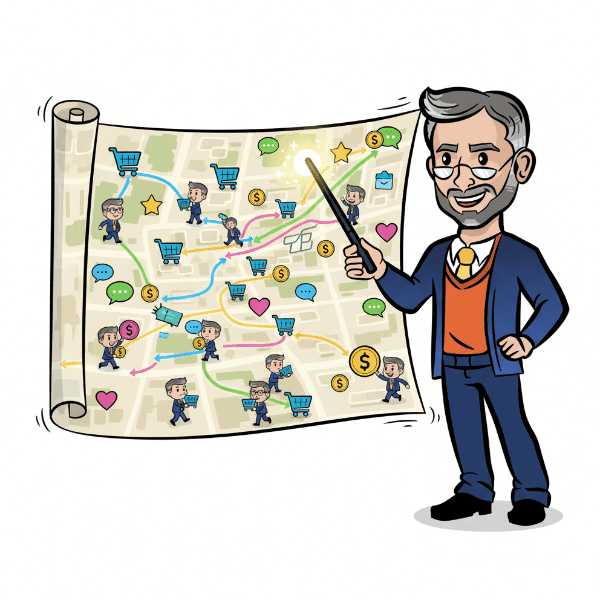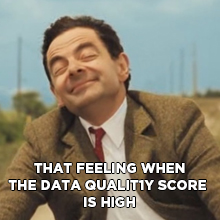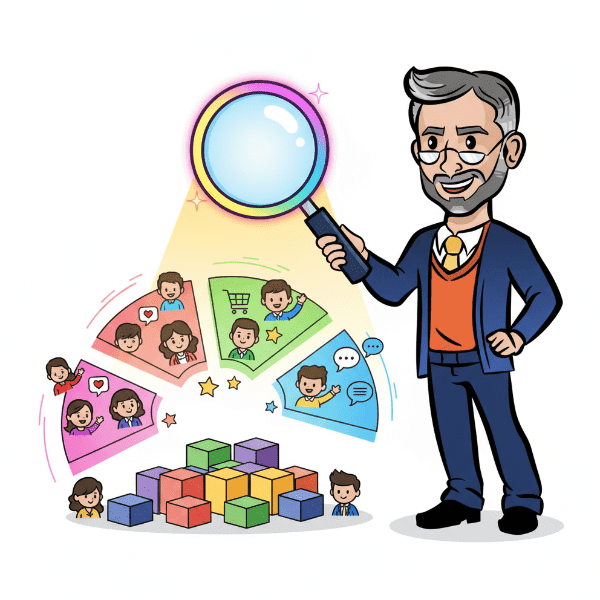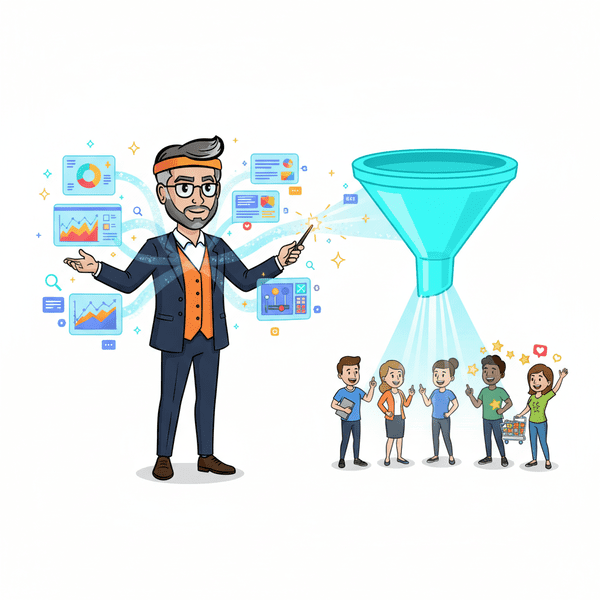Definition: Data segmentation is the process of dividing a broad set of data into smaller, more manageable groups based on specific criteria such as demographics, behaviors, or purchase history. This technique allows businesses to tailor their marketing strategies to meet the unique needs of different customer segments, leading to more personalized and effective campaigns.
Example in a Sentence: By utilizing data segmentation, the marketing team was able to create targeted email campaigns that significantly improved customer engagement rates.
Why Data Segmentation Matters
Data segmentation is essential for businesses aiming to enhance their marketing efficiency and customer relationships. Key benefits include:
- Improved Personalization: Deliver tailored content that resonates with specific audience segments.
- Higher Conversion Rates: Targeted campaigns often lead to increased customer engagement and sales.
- Efficient Resource Allocation: Focus marketing efforts on high-value segments to maximize ROI.
- Better Customer Insights: Gain a deeper understanding of different customer groups and their preferences.
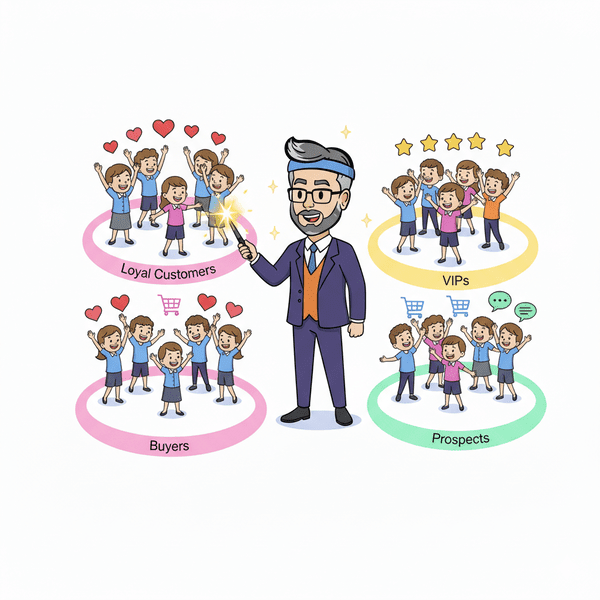
Key Types of Data Segmentation
- Demographic Segmentation: Dividing data based on age, gender, income, education, etc.
- Geographic Segmentation: Grouping customers by location, such as country, city, or climate.
- Behavioral Segmentation: Categorizing based on purchasing behavior, product usage, or brand loyalty.
- Psychographic Segmentation: Segmenting by lifestyle, values, interests, and personality traits.
- Firmographic Segmentation: Used in B2B marketing, focusing on company size, industry, or revenue.
Boost Your Sales with Expert Insights
Our sales funnel course provides comprehensive strategies on leveraging data segmentation to enhance marketing performance. Learn how to analyze and segment your customer data effectively, create personalized marketing campaigns, and drive business growth through targeted strategies.
More Definitions:
Adaptive Marketing Definition, Brand Engagement Definition, Brand Extension Definition, Buzz Marketing Definition, Campaign Lifecycle Definition, Content Framing Definition, Multi-Channel Marketing Definition
Useful Posts:
The Most Common Beginner Sales & Marketing Error: One and Done Meaning | Defining Your Bank Marketing Strategy


